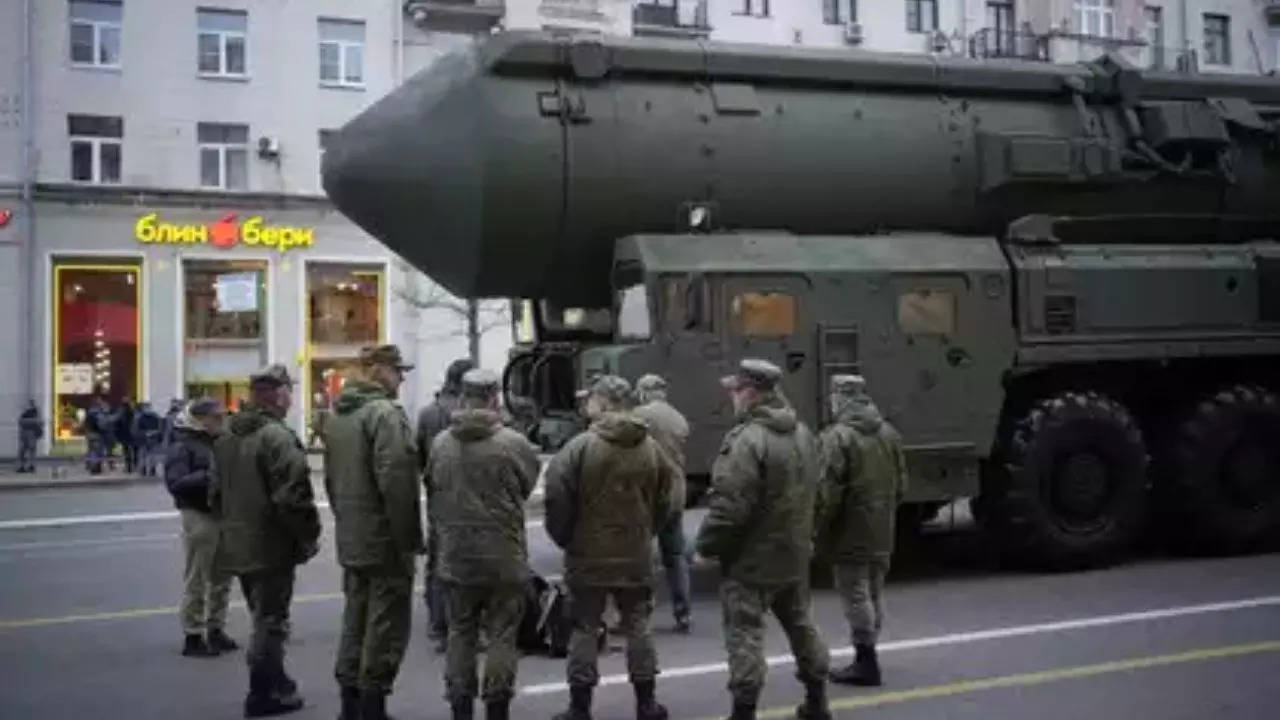After the fall of the Soviet Union, Ukraine found itself in possession of a considerable nuclear stockpile. However, the financial burdens and geopolitical risks associated with maintaining these nuclear weapons led Ukraine to relinquish them. The 1994 Budapest Memorandum was supposed to provide security guarantees to Ukraine, but these promises proved to be unreliable when Russia annexed Crimea and supported separatists in the country. The current Russia-Ukraine conflict has brought into focus the vulnerabilities of Ukrainian security in the absence of nuclear deterrence. The decision to give up its nuclear weapons has left Ukraine exposed to external threats and has sparked a debate on the country’s security strategy. This situation underscores the complex geopolitical dynamics at play in the region and raises questions about the effectiveness of international agreements in ensuring the security of nations. The ongoing conflict serves as a reminder of the importance of strategic decision-making in matters of national security and the long-term implications of such choices. The need for a robust security framework to protect against external aggression is now more apparent than ever for Ukraine.

Posted in
JUST IN
Ukraine’s Decision to Give Up Nuclear Weapons Exposes Vulnerabilities Amid Russia-Ukraine Conflict, Budapest Memorandum Repercussions
In Trend

“India’s Hottest Tech IPO Nykaa Nears $1 Billion Valuation, Investors Await Stock Market Debut”
















